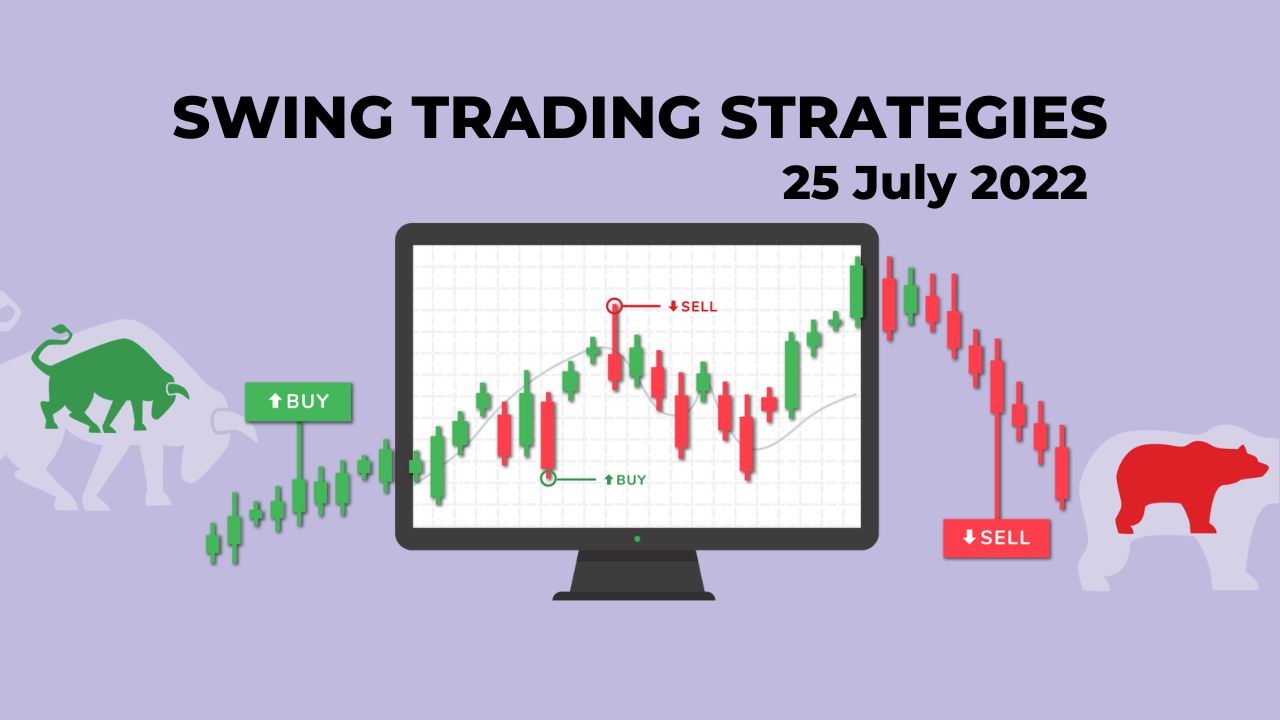
The Fed will raise interest rates and the best stocks to invest in now will be benefited. This is not true of all companies. Although interest rates can have an impact on some companies, they can also be a hindrance for others. So how do you find the best stocks to buy now? You can read this article to learn why certain companies are worth your time. You can then decide whether you want to purchase these stocks right away or keep them.
JPMorgan Chase
If you are thinking about buying JPMorgan Chase stock, now is the right time to do so. JPM shares are currently hugging a long-term trendline. The company's 2020 Covid crash briefly interrupted the trend, but it has since risen back to its pre-pandemic benchmark level. This stock's longterm earnings outlook looks better due to a variety of factors. Keep reading to learn more.
It is a great candidate for stock-investors, not only because of its investment banking activities but also because it has multiple revenue streams. It generates the largest portion of its revenues in the consumer banking market, with investment banking being second. Despite the financial crisis, the banking sector was in trouble. But this will change as more people are aware of the numerous revenue streams available to them. Its dividend is rising in anticipation of higher profits in 2013.

Redfin
There are several factors to consider when you think about purchasing Redfin stock. Housing prices are falling, and tech companies often operate at a loss before the market rebounds. Redfin may lose more money if there is continued decline in the market. However, the company does offer a number of other benefits that make it an attractive investment. Below are some of the pros and cons.
1. Redfin Stock Is a Good Investment Despite the recent layoffs, the company's overall outlook is bleak. Redfin has seen steady growth, but it is still far away from reaching its full potential. Redfin's stock price is down about 50% since its IPO last year, and it's currently falling. It is unlikely that Redfin's stock price will fall further in the near future so investors should be cautious about buying shares.
Shopify
Shopify stock is a stock that investors may consider buying despite its high price. Due to rapid revenue growth as well as a large addressable audience, the stock shot up 11 times between January 1, 2019. and mid November 2021. Shopify's stock is in danger of falling by more than 80% after recent news. Shopify's stock will be split 10 for 1 on June 28. However, this split will not alter the investment thesis. The company continues to be a high-risk investment with high returns.
When looking for Shopify stock to buy, investors should consider the following. ETFs, which are exchange-traded funds based on specific sector or geographic strategies, are a great way for investors to invest in one stock. This allows you to spread risk across multiple companies and decreases the chance of losing your whole account balance. A few Shopify Exchange Traded Funds include the Franklin Disruptive Commerce eTF and SimplifyVolt Fintech DisruptionETF.

Intuitive surgery
You might be wondering if you should invest in intuitive Surgical stock right now or wait until the next recession. The stock trades at 21 times revenue for the company over the past year. Recent warnings from the company's management were made to investors about a possible weak quarter. Its ageing population should also increase demand for less-invasive procedures. Those who have survived the pandemic will come back for postponed elective procedures.
Intuitive posted strong Q1 results considering the economy's tough times, but the stock dropped 14%. This slow performance was due in part to management's outlook for next year. Management stated that it faces challenges due to the COVID-19 disease, which caused many patients not to undergo elective surgery. This could make the stock fall further. However, you can still purchase Intuitive Surgical stock today and reap its benefits in the future. You can receive low fees and track the stock’s growth over time.
FAQ
Are bonds tradeable
Yes, they do! As shares, bonds can also be traded on exchanges. They have been doing so for many decades.
The only difference is that you can not buy a bond directly at an issuer. They must be purchased through a broker.
Because there are fewer intermediaries involved, it makes buying bonds much simpler. This means that you will have to find someone who is willing to buy your bond.
There are several types of bonds. There are many types of bonds. Some pay regular interest while others don't.
Some pay quarterly, while others pay interest each year. These differences make it easy for bonds to be compared.
Bonds can be very useful for investing your money. If you put PS10,000 into a savings account, you'd earn 0.75% per year. This amount would yield 12.5% annually if it were invested in a 10-year bond.
If all of these investments were accumulated into a portfolio then the total return over ten year would be higher with the bond investment.
What are some advantages of owning stocks?
Stocks are more volatile that bonds. When a company goes bankrupt, the value of its shares will fall dramatically.
However, if a company grows, then the share price will rise.
To raise capital, companies often issue new shares. This allows investors the opportunity to purchase more shares.
To borrow money, companies can use debt finance. This allows them to get cheap credit that will allow them to grow faster.
If a company makes a great product, people will buy it. The stock's price will rise as more people demand it.
Stock prices should rise as long as the company produces products people want.
What is the role of the Securities and Exchange Commission?
Securities exchanges, broker-dealers and investment companies are all regulated by the SEC. It also enforces federal securities law.
Statistics
- Individuals with very limited financial experience are either terrified by horror stories of average investors losing 50% of their portfolio value or are beguiled by "hot tips" that bear the promise of huge rewards but seldom pay off. (investopedia.com)
- For instance, an individual or entity that owns 100,000 shares of a company with one million outstanding shares would have a 10% ownership stake. (investopedia.com)
- The S&P 500 has grown about 10.5% per year since its establishment in the 1920s. (investopedia.com)
- US resident who opens a new IBKR Pro individual or joint account receives a 0.25% rate reduction on margin loans. (nerdwallet.com)
External Links
How To
How to invest in the stock market online
One way to make money is by investing in stocks. There are many options for investing in stocks, such as mutual funds, exchange traded funds (ETFs), and hedge funds. The best investment strategy is dependent on your personal investment style and risk tolerance.
You must first understand the workings of the stock market to be successful. This involves understanding the various types of investments, their risks, and the potential rewards. Once you are clear about what you want, you can then start to determine which type of investment is best for you.
There are three main types: fixed income, equity, or alternatives. Equity refers to ownership shares in companies. Fixed income refers to debt instruments such as bonds and treasury notes. Alternatives include commodities, currencies and real estate. Venture capital is also available. Each category has its pros and disadvantages, so it is up to you which one is best for you.
Two broad strategies are available once you've decided on the type of investment that you want. One is called "buy and hold." You buy some amount of the security, and you don't sell any of it until you retire or die. Diversification refers to buying multiple securities from different categories. If you buy 10% each of Apple, Microsoft and General Motors, then you can diversify into three different industries. Multiple investments give you more exposure in different areas of the economy. You can protect yourself against losses in one sector by still owning something in the other sector.
Risk management is another crucial factor in selecting an investment. Risk management allows you to control the level of volatility in your portfolio. A low-risk fund would be the best option for you if you only want to take on a 1 percent risk. On the other hand, if you were willing to accept a 5% risk, you could choose a higher-risk fund.
Learning how to manage your money is the final step towards becoming a successful investor. Managing your money means having a plan for where you want to go financially in the future. You should have a plan that covers your long-term and short-term goals as well as your retirement planning. You must stick to your plan. Don't get distracted by day-to-day fluctuations in the market. Stay true to your plan, and your wealth will grow.